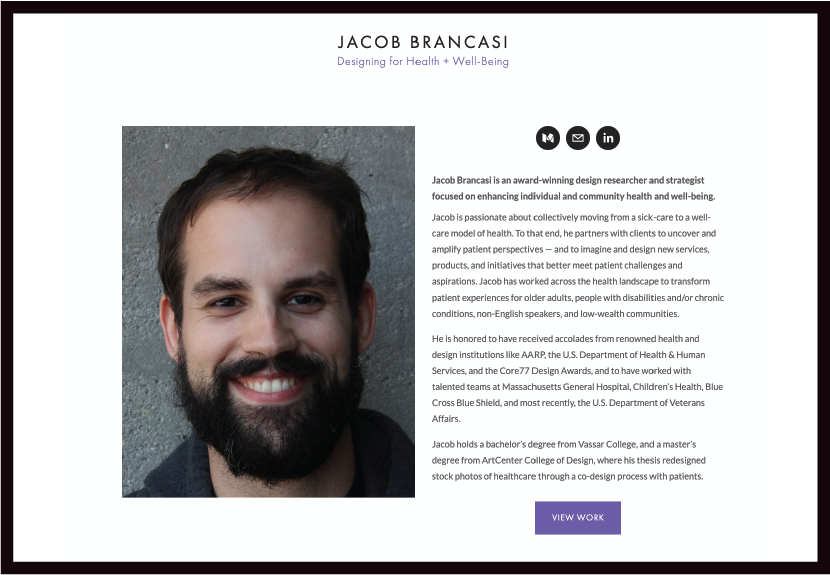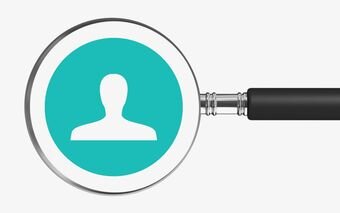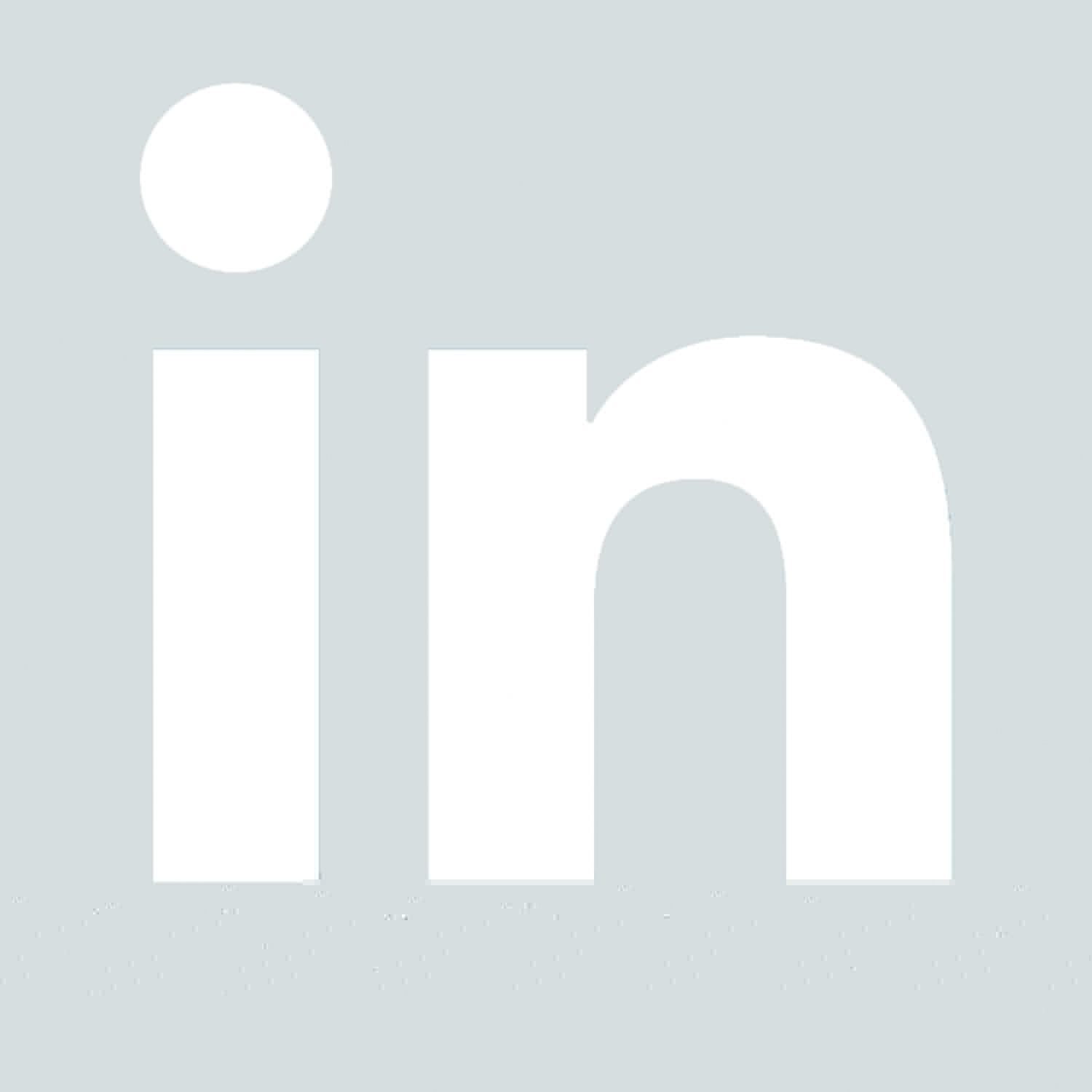Just in time for your holiday gatherings, here are 5 fun tips for what to do when someone strays waaaayyyy off topic during a conversation.
These tips are based on what I do when this happens during a #userresearch interview but they work IRL too!
Before you engage, take a deep breath, and prepare yourself mentally, physically and spiritually. (Get into character.)
Be polite and respectful. Try to mirror their body language and emotional state to make them feel comfortable. (They drink eggnog = you drink eggnog.)
Try holding up a finger, like you are politely signaling a waiter. Then say, “Could you please help me understand how that relates to X?” “Please” is the key word. (omit "WTF?!")
Channel your beginner's mindset. For example, if someone is telling you about Z, kindly point out you are unfamiliar however you’d like to learn more “later”. (At Uncle Al’s house, it’s ok to not follow up.)
Celebrate their passion and enthusiasm, but ask them to briefly summarize what happened. “Briefly” is the key word. KEY WORD.
Most importantly, try to model a calm and welcoming behavior (and avoid shopping malls). If all else fails, revisit your recruiting tactics, and chant “this too shall pass”.
Happy holidays!

































